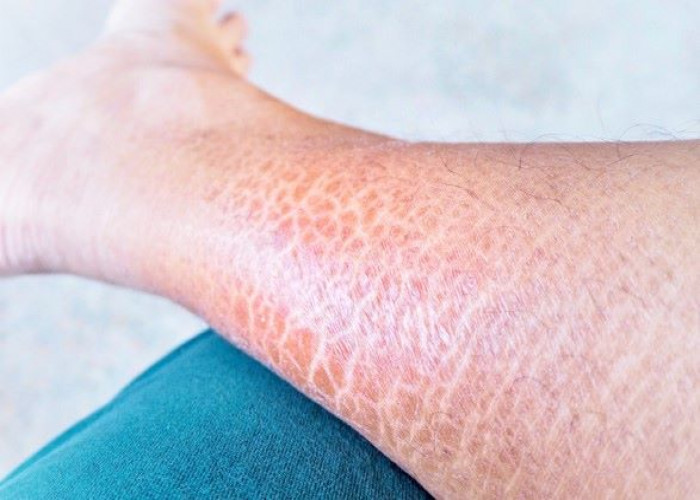 Welcome
Welcome
“May all be happy, may all be healed, may all be at peace and may no one ever suffer."
Ichthyosis vulgaris

Ichthyosis vulgaris is a genetic skin condition that results in dry, scaly skin. It is a relatively common disorder that affects approximately 1 in 250 people.
The condition is caused by a mutation in the filaggrin gene, which plays a key role in the formation of the skin barrier. As a result, people with ichthyosis vulgaris have difficulty retaining moisture in their skin, leading to dry, scaly patches that can be itchy and uncomfortable.
Symptoms of ichthyosis vulgaris typically appear during early childhood and may include dry, scaly skin that may be thickened and cracked, especially on the legs and arms. The skin may also be prone to itching and infection.
While there is no cure for ichthyosis vulgaris, there are a variety of treatments that can help manage symptoms. These may include regular use of moisturizers and emollients, as well as topical creams and ointments to reduce scaling and inflammation. In some cases, oral retinoids or other medications may be prescribed to manage more severe symptoms.
Living with ichthyosis vulgaris can be challenging, both physically and emotionally. It is important for people with the condition to work closely with their healthcare providers to develop a personalized treatment plan that addresses their unique needs and concerns. Support from family, friends and peer groups can also be helpful in managing the condition and maintaining a positive outlook.
Research Papers
Disease Signs and Symptoms
- Dry skin
- Dry scaly skin
- Flaky scalp
- Itching
Disease Causes
Ichthyosis vulgaris
Ichthyosis vulgaris is commonly caused by a genetic mutation that's inherited from one or both parents. Children who inherit a defective gene from just one parent have a milder form of the disease. Those who inherit two defective genes have a more severe form of ichthyosis vulgaris. Children with the inherited form of the disorder usually have normal skin at birth, but develop scaling and roughness during the first few years of life.
If genetic abnormalities aren't responsible for ichthyosis, it's referred to as acquired ichthyosis. It's usually associated with other diseases, such as cancer, thyroid disease or HIV/AIDS.
Disease Prevents
Disease Treatments
Ichthyosis vulgaris doesn't have a known cure, so the goal of treatment is to manage the condition.
Medications
Treatments may include:
- Exfoliating creams and ointments. Prescription creams and ointments containing alpha hydroxy acids, such as lactic acid and glycolic acid, help control scaling and increase skin moisture.
- Oral medication. Your doctor may prescribe vitamin A-derived medications called retinoids to reduce the production of skin cells. Side effects from the medication may include eye and lip inflammation, bone spurs and hair loss.
- Retinoids may cause birth defects. Women considering retinoid therapy should be sure they are not pregnant before starting the medication — and use effective birth control while taking retinoids.
Disease Diagnoses
Disease Allopathic Generics
Disease Ayurvedic Generics
Disease Homeopathic Generics
Disease yoga
Ichthyosis vulgaris and Learn More about Diseases
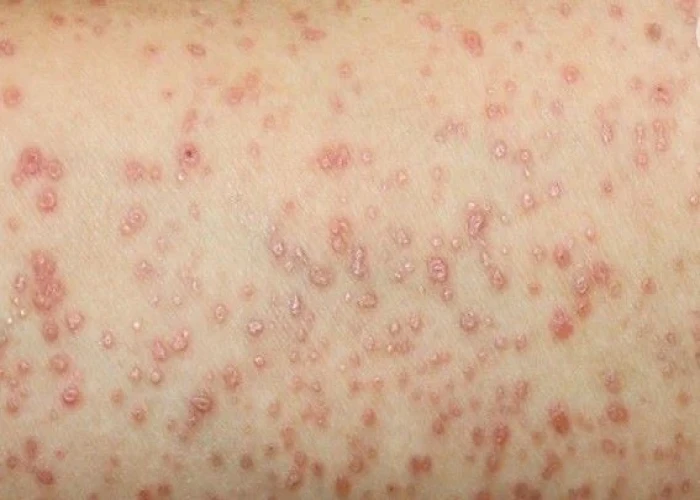
Lichen planus

Spinal cord tumor
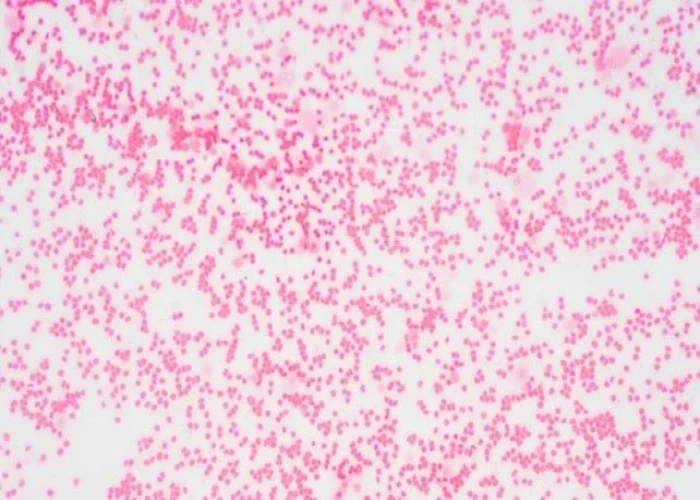
Myelodysplastic syndromes
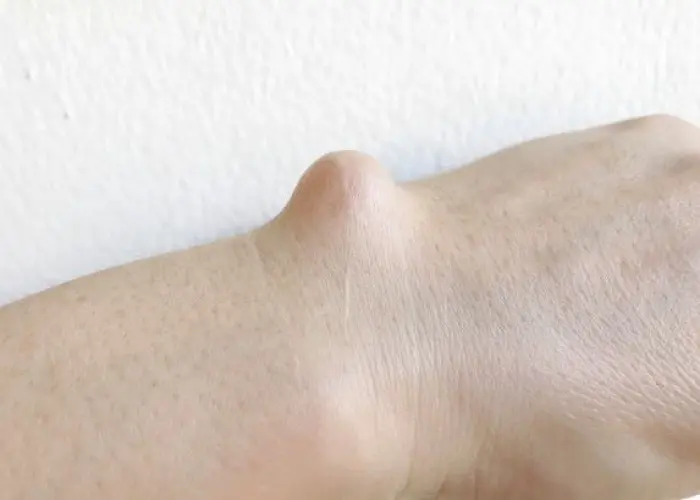
Ganglion cyst

Listeria infection

Milk allergy
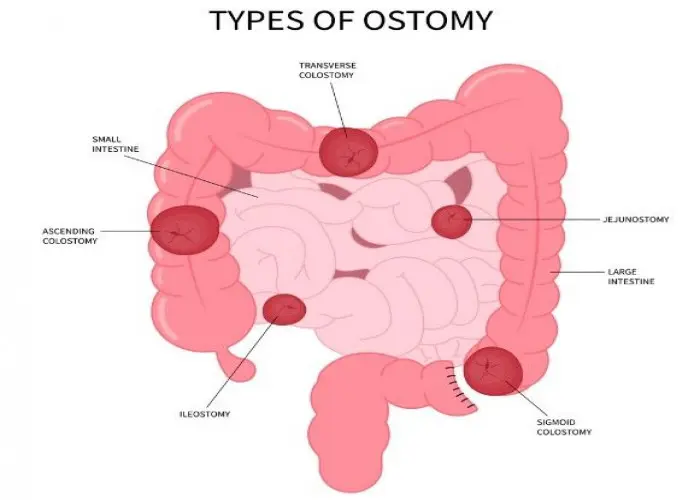
Familial adenomatous polyposis
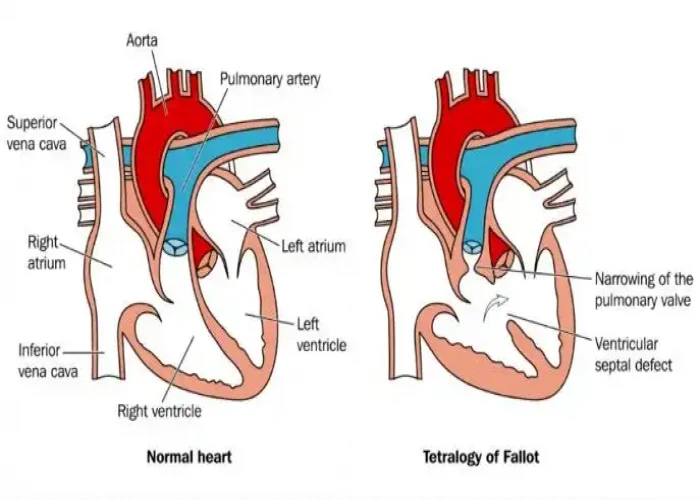
Tetralogy of Fallot
ichthyosis vulgaris, ইচথিওসিস ভালগারিস
To be happy, beautiful, healthy, wealthy, hale and long-lived stay with DM3S.
